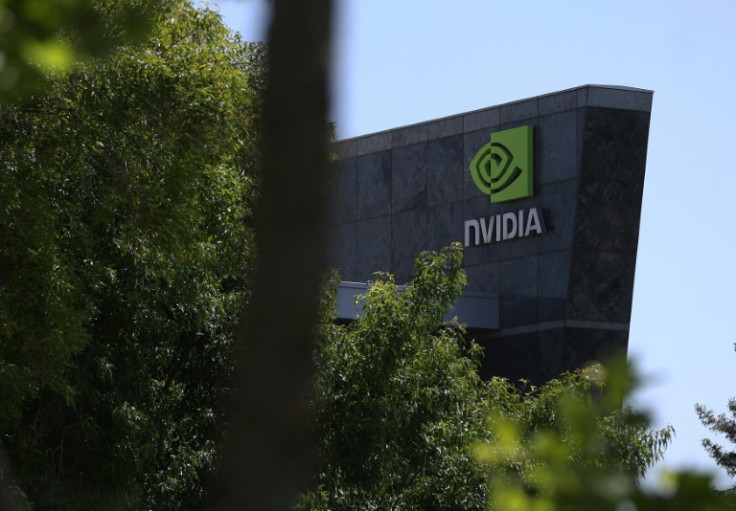
Officials in the Biden administration are reportedly considering a limit on the export of advanced AI chips from Nvidia and other U.S. companies to certain countries.
According to a report by Bloomberg, citing people who are familiar with the matter, this new strategy would establish a cap on export licenses for some countries for national security reasons, particularly focusing on Persian Gulf countries.
However, discussions on the matter are still in the early stages.
This news follows the Commerce Department's recent unveiling of a rule aimed at easing the licensing process for AI chip shipments to data centers in countries like the United Arab Emirates and Saudi Arabia.
Under this rule, data centers can apply for Validated End User status, allowing them to receive chips under a general authorization, rather than requiring U.S. suppliers to obtain individual licenses for each shipment.
Earlier in 2023, the Biden administration implemented measures to expand licensing requirements for advanced chip exports to over 40 countries, including some in the Middle East, that posed risks of diversion to China and were subject to U.S. arms embargoes.
Meanwhile, Nvidia shares closed at their highest ever on Monday, drawing closer to overtaking Apple as the world's most valuable company. The leading AI chipmaker saw a 2.4% increase in share value, closing at $138.07.
This rise boosted Nvidia's market value to $3.39 trillion, placing it just behind Apple's $3.52 trillion and above Microsoft's $3.12 trillion, Reuters reported.
In June, Nvidia held the title of the world's most valuable company before being surpassed by Microsoft.
"We believe the major companies in AI ... face an investment environment characterized by a Prisoner's Dilemma — each is individually incentivized to continue spending, as the costs of not doing so are (potentially) devastating," analysts from TD Cowen said in a report Sunday.
The world's biggest tech companies have invested tens of billions of dollars into Nvidia's powerful AI chips and software in order to get their ChatGPT-style AI models up and running. Microsoft, Google, Meta, Tesla and Amazon all depend on Nvidia technology to train generative AI models and execute the heavy computing workloads needed to deploy the new technology.




